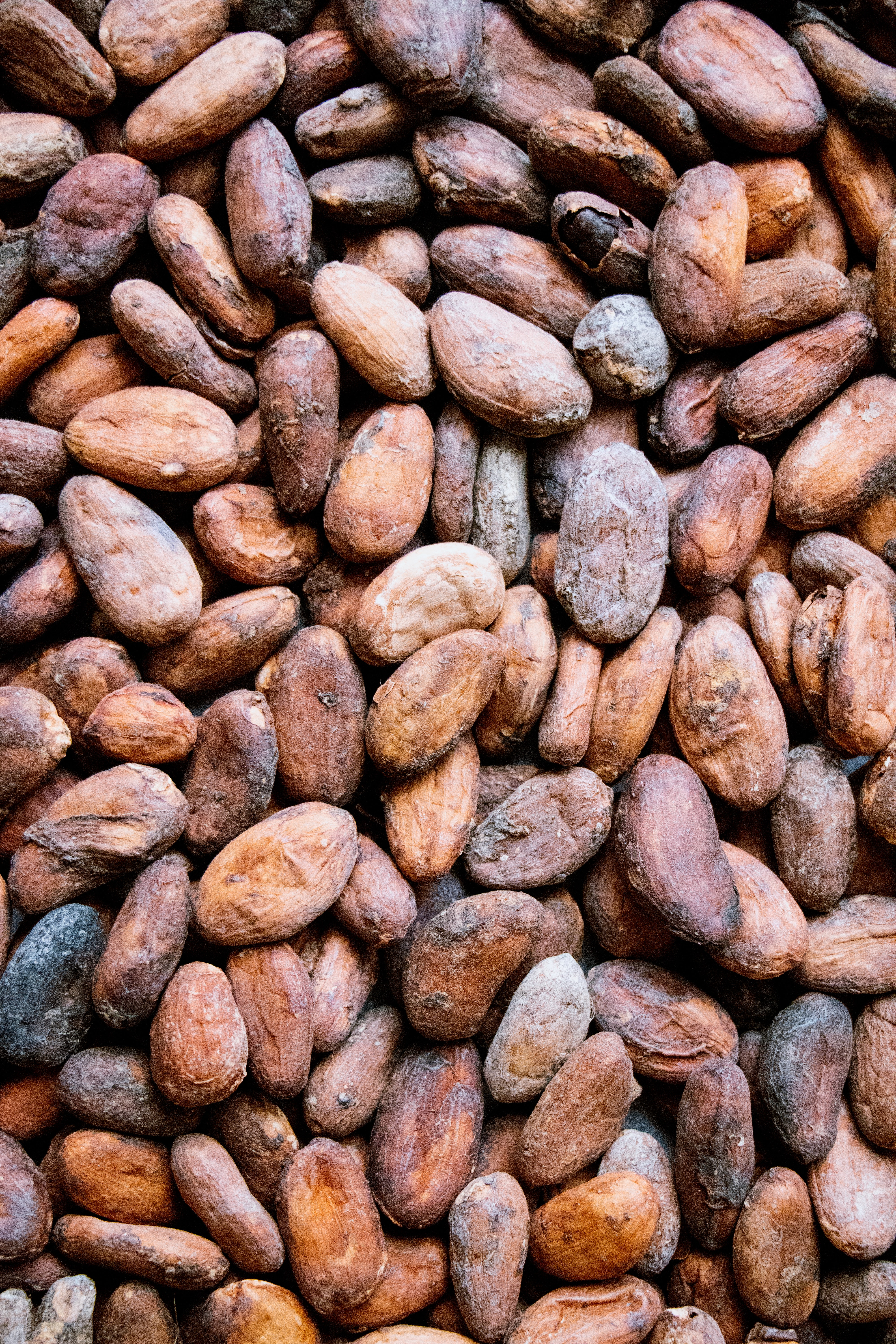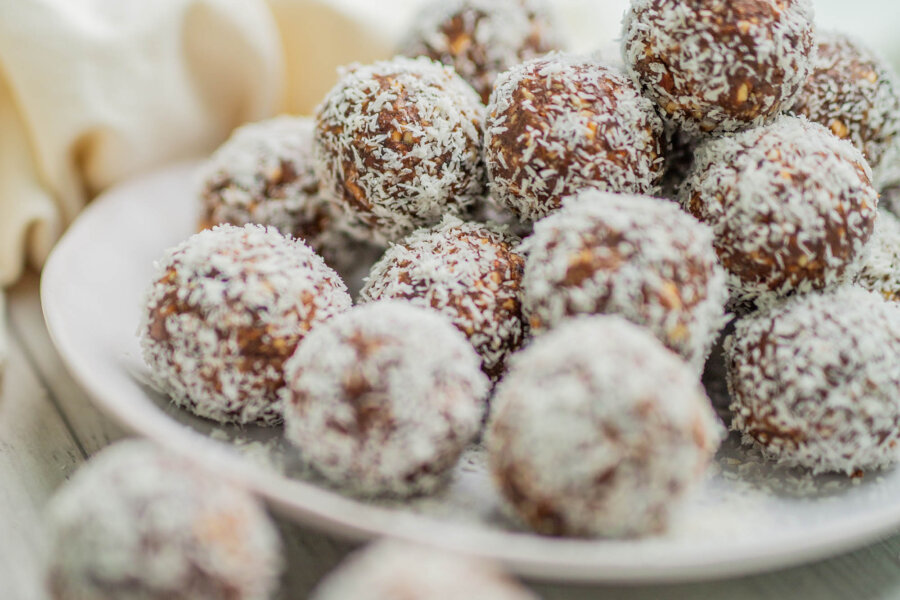Progesterone is a very important hormone in women’s health. It is produced by the ovaries (in the corpus luteum) after ovulation ( in the luteal phase) and is responsible for maturing the cervical lining in preparation for pregnancy. It is responsible for keeping our mood in check and releasing a sense of calm. Progesterone is also needed for our muscle and bone health. Low progesterone can lead to many symptoms, including PMS, infertility, headaches, water retention, anxiety and depression, miscarriage and premature births (and more)
Low progesterone is usually caused by a lack of ovulation (if you don’t ovulate you don’t make progesterone) or an inability for the corpus luteum to make enough progesterone. This can happen due to a number of issues including, post-birth control syndrome, HPA axis deregulation, PCOS, high prolactin (which is normal while breastfeeding ) and hypothyroidism and more. When it comes to low progesterone it is important to investigate the real cause behind the hormone imbalance with a trusted health professional when possible. Some fairly sure signs of low progesterone that I wish I had known are:
- Short luteal phase
- Spotting for 2 + days before period
- Low temperature in the luteal phase
- Fertile cervical mucus post ovulation
- heavy and long periods
- Irregular periods
All women will react to low progesterone levels differently. For me, it was spotting before my period. At first, when my levels were very low my spotting lasted 7 days before my period actually arrived and once it did my periods were heavy and fairly painful (not painful enough to concern me though). Later my spotting decreased to 2 days but I had fertile mucus post ovulation. As I understand it, the most common reaction to low progesterone for women is a short luteal phase usually with some spotting as well, but all women are different. If you have followed me along for a while you will know that I struggled with stubbornly low progesterone for many years. Unfortunately for me, I had a few deeper issues going on including issues with my adrenals and my pituitary. (HPA axis deregulation) This meant that it took me years to get my progesterone at a good place. Thankfully for the women that have ruled out any other underlying issues they can see improvements in their progesterone in a much shorter time. Despite my deeper problems, I knew it was important for me to give my body the building blocks that it needed to build up progesterone and so I learned the best type of foods to support healthy progesterone levels. Looking back I am still just so surprised at how much food was able to impact my recovery and so I’m excited to share my top pick of the best foods to help build healthy progesterone.

Progesterone is a steroid hormone, which means it is made from fat. We also produce quite a lot of progesterone in our menstrual cycle (a fair bit more than estrogen) which requires energy. Therefore we need adequate healthy fat intake and adequate calorie intake (read my article how I learned to eat enough for my hormones here: https://hazelandcacao.com/how-i-learned-to-eat-enough-for-my-hormones-on-a-plant-based-diet/) beyond that, the main nutrients necessary for progesterone are magnesium, calcium, vitamin b6, zinc, vitamin c, and vitamin E.
Hemp seeds: these are a nutrient powerhouse with good levels of magnesium iron and zinc as well as all three essential fatty acids, omega 3, omega 6 and omega 9. They are also one of the only known foods to contain GLA, a type of fatty acid that is known to be low in women with PMS and is needed for progesterone synthesis.
Sunflower seeds: sunflower seeds are high in vitamin b6 which is needed to help aid the magnesium in making progesterone and stabilizing our mood. They also contain lignans and fatty acids that support our hormones in the luteal phase
Dark chocolate and cacao powder: dark chocolate and raw cacao powder is one of the highest sources of magnesium. It is theorized that this is one of the reasons many women crave chocolate before their period. Personally I had better results incorporating cacao powder in my diet than I did when taking magnesium supplements.
Almonds: almonds are high in magnesium and vitamin E as well as essential fatty acids. Vitamin e is important in relieving period cramps, PMS, as well as hot flashes and vaginal dryness,
Pumpkin seeds: pumpkin seeds are an excellent source of zinc. They are one of the most nutritionally dense seeds, offering a wide array of different minerals as well as healthy fats and protein. They are also the highest plant-based source of tryptophan which is needed to convert to serotonin (happiness neurotransmitter) which helps boost our mood. Serotonin is very closely connected with our hormones, in fact, progesterone and serotonin can both bind to the same receptors in the brain.
Avocados: Avocados provide a good balance of both medium and long-chain fatty acids that are important for balanced hormone levels. Avocados are also a great source of vitamin b6 and other b vitamins as well as vitamin e and magnesium.
Black beans: all legumes are good for hormone balance as they contain lignans. Lignans can help balance estrogen because they have both an estrogenic and anti-estrogenic effect. Black beans, in particular, are also a high source of zinc. Zinc is important for progesterone because it stimulates the Luteinising hormone which triggers ovulation. We need ovulation to make progesterone.
Chickpeas: Chickpeas are also legumes so contain lignans but they are also one of the highest plant sources of vitamin b6. Just half a cup of chickpeas contains 50% of vitamin b6 needs
Tofu: tofu and good quality soy products contain phytoestrogens which help regulate estrogen levels in the body by raising or lowering estrogen depending on what the body needs. The balance between estrogen and progesterone is important so it’s a good idea to keep estrogen in check in order for progesterone to do its job. Tofu is also a valuable source of calcium. Read my article about soy and hormones here: https://hazelandcacao.com/is-soy-safe-for-womens-hormones/
Sesame seeds: Personally I love sesame seeds (and tahini) for the high calcium level, but sesame seeds are actually also a good source of magnesium, zinc, vitamin E and B6. They also contain phytoestrogens which help with estrogen and help with blood sugar regulation which is important for PMS. They are an all-round wonderful seed for hormone health providing all of the nutrients needed for healthy progesterone.
Bananas: Bananas are one of the highest plant-based sources of B6, but they are also a great complex carbohydrate that supplies slow-release energy and fibre, can help keep you fuller for longer and help with blood sugar control in PMS
Berries and citrus fruits: Berries and citrus fruits are high in vitamin c. Vitamin c has been shown to increase and intensify the effects of progesterone levels and lower PMS. It has also been shown to help resolve luteal dysfunction leading to increased fertility and reduced risk of premature birth. Vitamin c is also crucial for adrenal health and immunity which can influence progesterone (stress hormone cortisol produced in the adrenals steals from progesterone leading to low progesterone)
Cruciferous vegetables: Cruciferous vegetables are high in vitamin c and calcium but also contain a compound called DIM. This compound helps to keep progesterone in check by flushing out excess estrogen from the body through the intestine so that it does not re-circulate in the body leading to estrogen excess and low progesterone symptoms.
Peanut butter: peanuts are a particularly high source of b6, 1 banana, 1 TBSP peanut butter and 1 serving of chickpeas should give you all the B6 you need for the day (unless you are deficient and you might need more). Peanut butter is also a great source of healthy fats, plant proteins, magnesium and vitamin E making great food for healthy progesterone levels
Walnuts: the humble walnut is actually one of the bests nuts to eat. Walnuts are best known to me for health benefits for brain health. Our brain is the control centre of our hormones and our hormones and neurotransmitters are closely connected so it’s important to keep our brain healthy in order to keep our hormones healthy. Walnuts are also a valuable source of Omega 3 as well as calcium and vitamin E
Sweet potatoes: sweet potatoes are one of the highest sources of beta carotene which converts to vitamin a in the body. There are a few old studies done on animals that suggest that beta-carotene helps improve ovarian function and stimulates better progesterone production.
References:
https://helloclue.com/articles/cycle-a-z/progesterone-101
https://drbrighten.com/boost-low-progesterone/
https://www.healthline.com/nutrition/10-foods-high-in-magnesium
https://medlineplus.gov/ency/article/002404.htm
https://www.myfooddata.com/articles/zinc-foods-for-vegans-vegetarians.php
https://www.vivahealth.org.uk/a-z/vitamin-b6-pyridoxine
https://www.hsph.harvard.edu/nutritionsource/vitamin-e/
https://www.fertstert.org/article/S0015-0282(03)00657-5/pdf
https://www.ncbi.nlm.nih.gov/pubmed/217175
https://www.ncbi.nlm.nih.gov/pubmed/6684167
https://www.ncbi.nlm.nih.gov/pmc/articles/PMC4794546/









